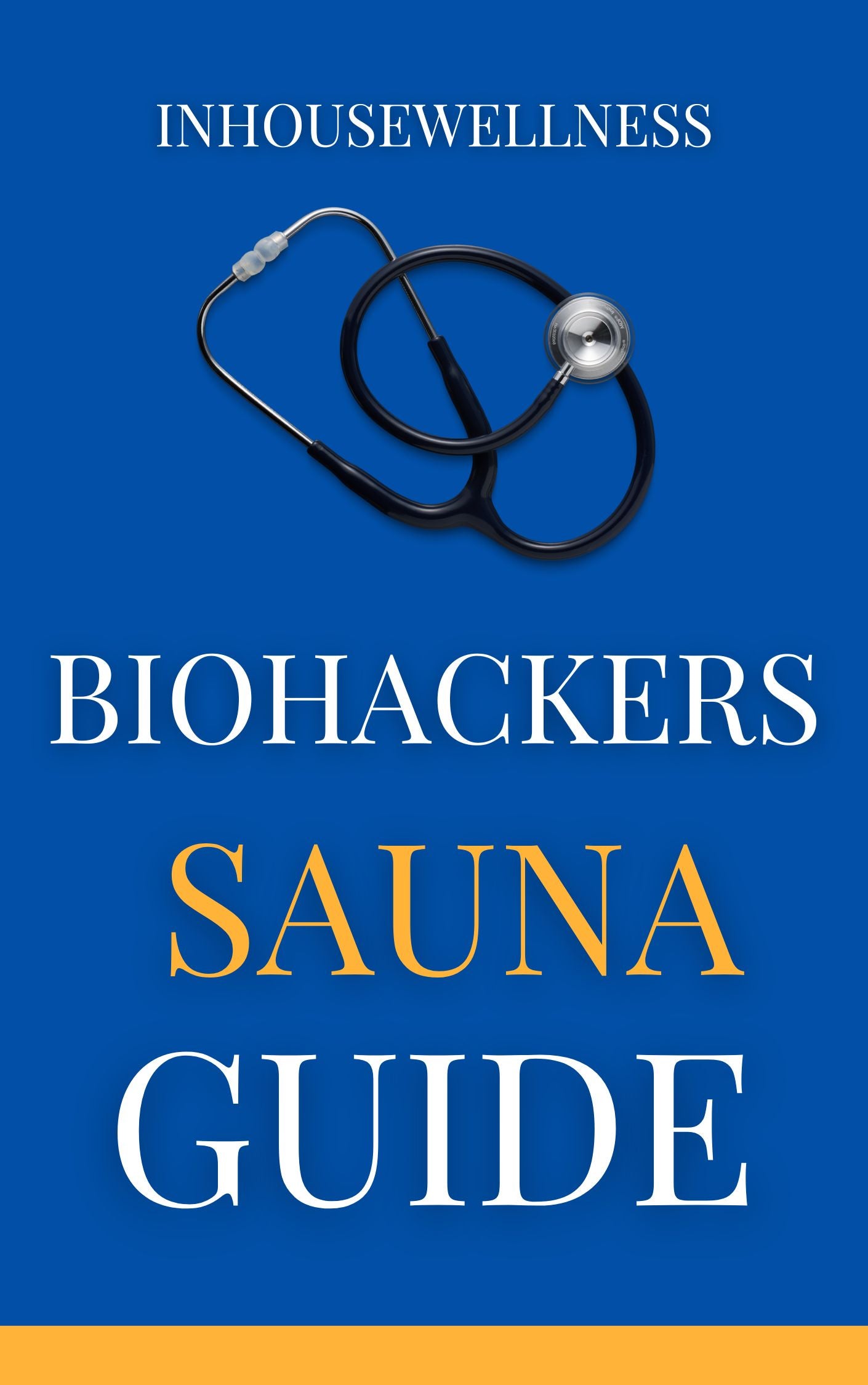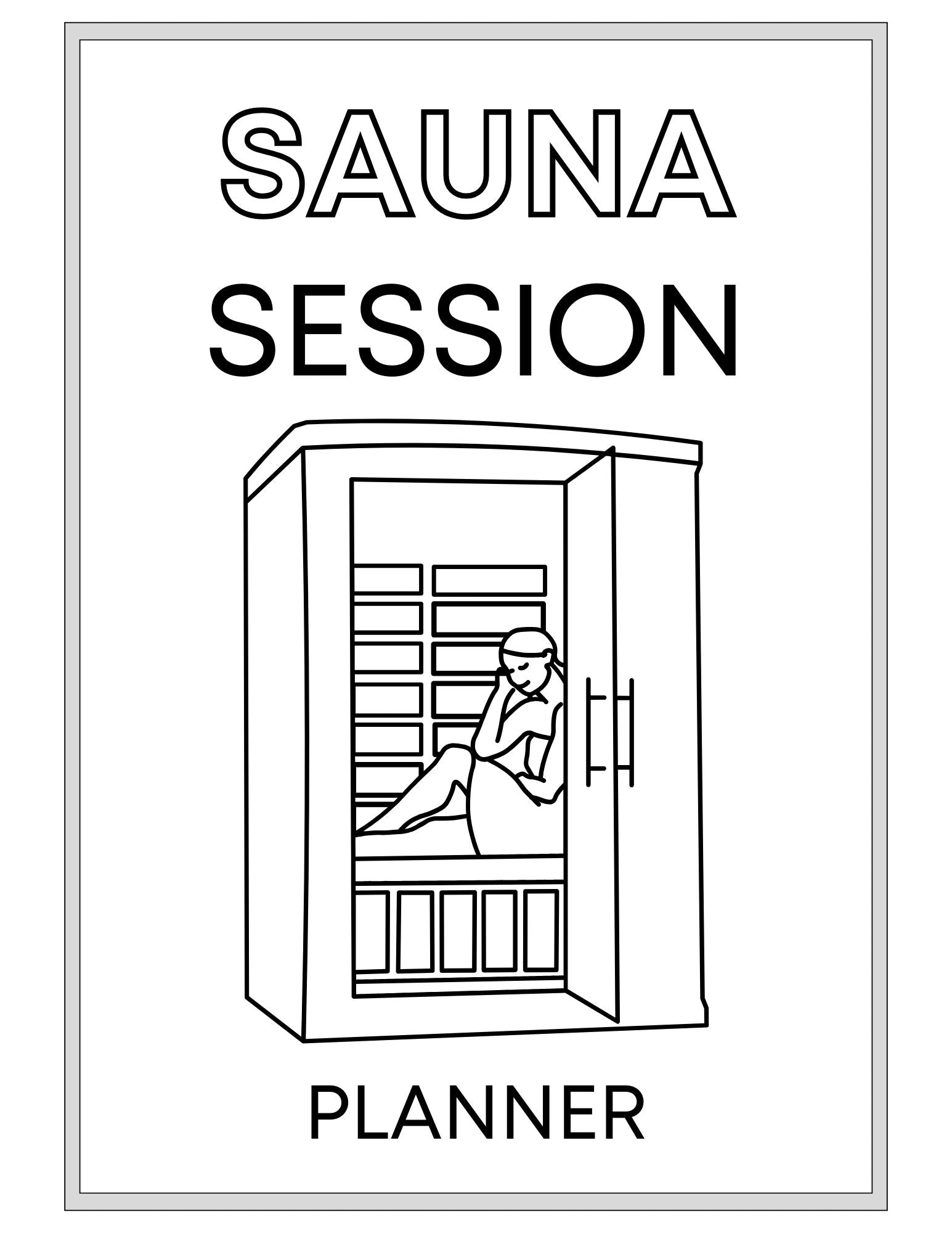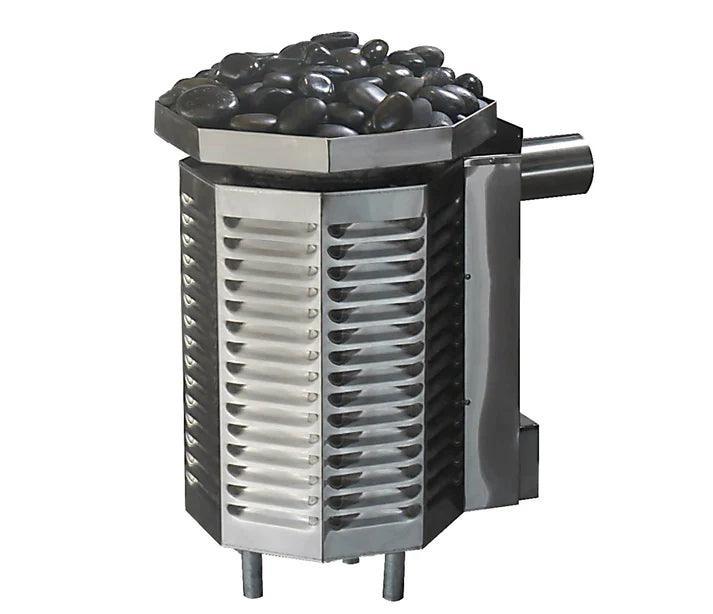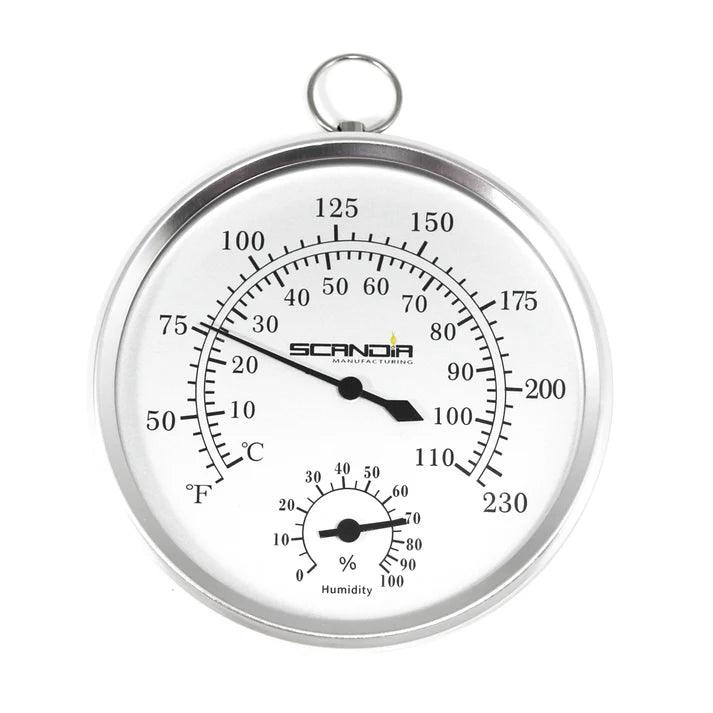
Dopamine Detox: Separating Fact from Fiction
Dopamine detox has gained considerable attention in recent years, touted by some as a revolutionary approach to reclaiming focus and productivity. But what does this concept really entail? Is it truly life-changing, or is it just another trend that will fade away? In this article, we will explore the science behind dopamine detox, its practical applications, and how you can determine if it’s the right approach for you.
What Is Dopamine and Why Is It Important?
Dopamine is a neurotransmitter that plays a crucial role in the brain's reward system. It regulates movement, emotional responses, and the ability to experience pleasure and pain. When we engage in activities that are rewarding—such as eating, socializing, or accomplishing tasks—dopamine is released, reinforcing those behaviors. However, modern lifestyles, filled with constant distractions and instant gratification, may lead to dopamine dysregulation, causing issues like decreased motivation and attention span.
What Does a Dopamine Detox Involve?
The concept of a dopamine detox typically involves abstaining from activities that trigger dopamine release for a specific period, usually 24 hours to a week. This includes cutting out social media, video games, processed foods, and even interpersonal interactions. The aim is to reset the brain's reward system and enhance sensitivity to dopamine, thereby increasing the pleasure derived from everyday activities.
Why Do People Try Dopamine Detox?
Many individuals report feelings of clarity and increased productivity after a dopamine detox. The rationale is that by temporarily removing sources of instant gratification, people can recalibrate their brains to appreciate simpler, less stimulating experiences. This reset can potentially lead to better focus, improved motivation, and a greater appreciation for life’s smaller joys.
Is There Scientific Evidence Supporting Dopamine Detox?
While the idea of dopamine detox is popular, scientific evidence supporting its effectiveness is limited. Most research on dopamine pertains to its role in addiction and reward pathways rather than the specific practice of detoxing from stimuli. However, there are related concepts in psychology and neuroscience that suggest the benefits of reducing overstimulation:
- Mindfulness and Meditation: Studies have shown that mindfulness practices can enhance focus and reduce anxiety, which may parallel the intended effects of dopamine detox.
- Digital Detox: Research indicates that reducing screen time can lead to improved mental health, suggesting that cutting down on dopamine-triggering activities could have a positive impact.
- Behavioral Conditioning: Understanding how the brain’s reward system operates can provide insights into why abstaining from certain activities might help reset our perceptions of pleasure.
What Are the Potential Benefits of a Dopamine Detox?
Although empirical evidence is sparse, anecdotal reports and related studies suggest several potential benefits:
- Increased Focus: Removing distractions may enhance concentration and task completion.
- Improved Mood: Resetting your reward system may lead to greater enjoyment in everyday activities.
- Enhanced Self-Control: A detox can help individuals develop better impulse control and resist temptations.
- Greater Appreciation: Individuals may find themselves more satisfied with less stimulating experiences.
How Can You Implement a Dopamine Detox Effectively?
If you’re considering a dopamine detox, here are some actionable steps to help you get started:
- Set Clear Goals: Determine what activities you will abstain from and for how long.
- Plan Your Time: Fill your schedule with low-stimulation activities such as reading, walking, or journaling.
- Gradual Reduction: Instead of an abrupt stop, gradually reduce your engagement with high-stimulation activities to ease the transition.
- Engage in Mindfulness: Incorporate meditation or mindfulness exercises to help manage cravings and enhance self-awareness.
By structuring your detox in a way that feels manageable, you increase the likelihood of achieving the intended benefits.
Can Dopamine Detox Improve Productivity?
For many, productivity is a primary goal of a dopamine detox. By eliminating distractions, individuals may find it easier to focus on important tasks. However, it’s essential to note that productivity isn’t solely about reducing distractions; it also involves effective time management, prioritizing tasks, and maintaining a balanced lifestyle. Consider integrating other productivity strategies, such as the Pomodoro Technique or time-blocking, alongside your detox for optimal results.
What Are the Criticisms of Dopamine Detox?
Critics argue that the idea of a dopamine detox oversimplifies complex neurological processes. Here are some common criticisms:
- Misunderstanding of Dopamine: Some argue that dopamine is essential for many functions and should not be viewed solely as a "pleasure" neurotransmitter.
- Potential for Guilt: The detox approach may lead some individuals to feel guilty about enjoying pleasurable activities, fostering a negative relationship with their own enjoyment.
- Limited Lasting Effects: Critics suggest that any benefits gained from a detox may be temporary without ongoing lifestyle changes.
What Alternative Strategies Exist for Managing Dopamine Levels?
If a dopamine detox doesn’t resonate with you, consider these alternative strategies for managing your dopamine levels:
- Regular Exercise: Physical activity is proven to boost dopamine and improve mood.
- Healthy Diet: Consuming foods rich in tyrosine, such as lean proteins, can support dopamine production.
- Sufficient Sleep: Prioritize quality sleep to help regulate neurotransmitter levels.
- Social Connections: Engage in meaningful relationships that foster emotional well-being.
Exploring these strategies can lead to long-term improvements in mental health and overall well-being, without the need for drastic measures.
FAQs
What is dopamine detox?
Dopamine detox refers to abstaining from activities that trigger dopamine release to reset the brain's reward system.
How long should a dopamine detox last?
Most detoxes last between 24 hours to a week, depending on individual goals and preferences.
Can dopamine detox help with addiction?
While it may provide a temporary reset, addressing addiction typically requires a more comprehensive approach, including therapy.
Is dopamine detox safe?
For most individuals, a short-term detox is safe; however, it’s essential to consult a healthcare professional if you have underlying health concerns.
Will I experience withdrawal symptoms?
Some individuals may experience cravings or irritability during a detox, especially if they are cutting out high-stimulation activities.
Can I incorporate other wellness strategies with dopamine detox?
Absolutely! Combining a dopamine detox with practices like meditation, exercise, and healthy eating can enhance overall benefits.
How often should I do a dopamine detox?
Frequency varies by individual; some may benefit from a monthly detox, while others may prefer to implement gradual changes into their lifestyle.
In summary, while the dopamine detox trend presents both potential benefits and criticisms, it serves as a thought-provoking concept for those seeking to improve focus and enjoyment in their lives. Whether you choose to embark on a detox or explore alternative strategies, the key lies in finding a balanced approach that aligns with your personal goals. Take the first step today by evaluating your relationship with technology and instant gratification. For practical wellness solutions, explore our range of products, including floatation therapy tanks, to enhance your self-care routine.
View More Articles





















































